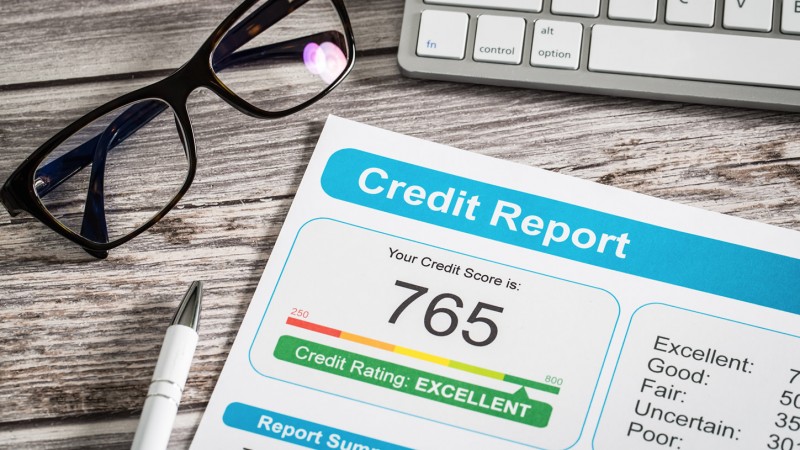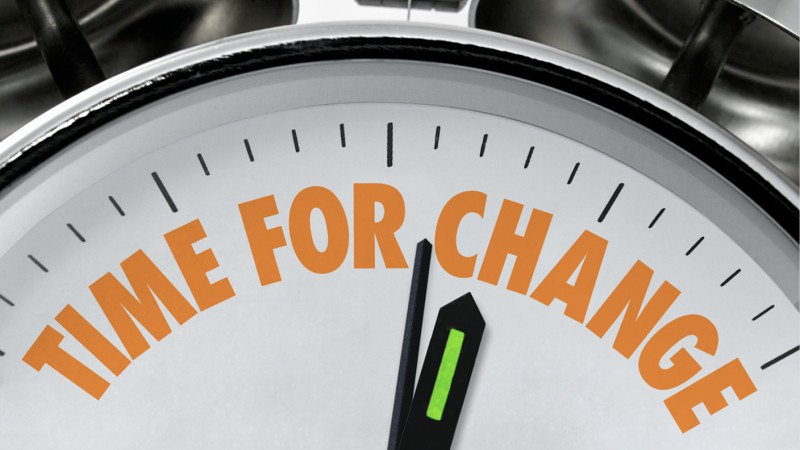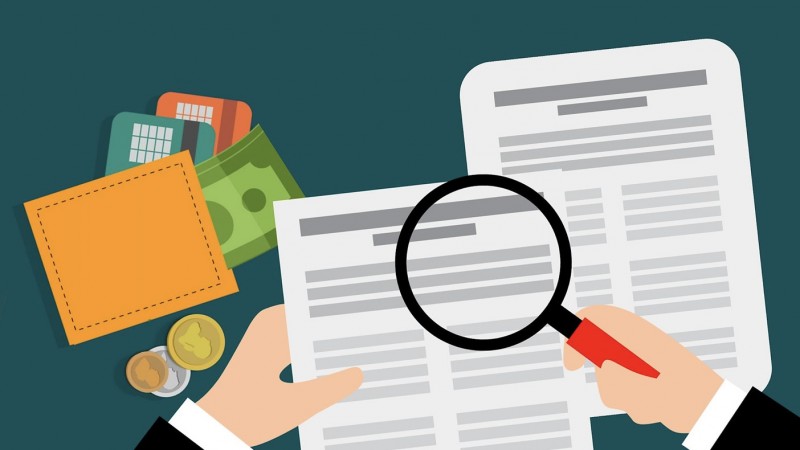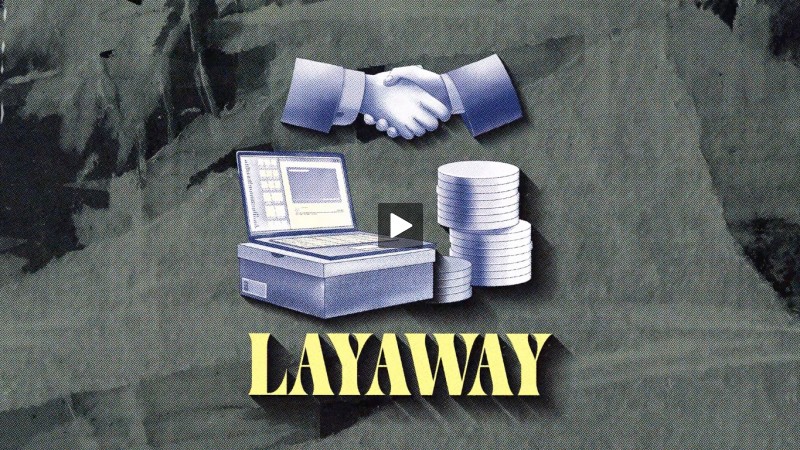What's Your "Credit Score" and How Can It Affect Your Credit?
- Detalles
- Escrito por Remar Sutton
- Categoría: Articles

What is your credit score? And why is it important? In this report, I give you some basic facts about credit scoring that highlight its importance to your financial health. Credit scoring is a system of statistically analyzing credit reports that provides a simple three-digit score comparing an individual's past and current credit performance to that of similar consumers.
Your credit score provides lenders, or other potential creditors such as insurance companies or landlords, a quick, fairly objective way to assess your creditworthiness.
Your credit score provides lenders, or other potential creditors such as insurance companies or landlords, a quick, fairly objective way to assess your creditworthiness—or likely ability to pay back a loan or mortgage or pay the rent. Knowing your credit score (along with regularly checking your credit report) is a smart thing to do.
What Is a Credit Score?
A "credit score" is often called a "FICO score," after the Fair Isaac Corporation, which developed the most widely used analytical system and software. It may also be called a "credit rating." Although individual credit bureaus or credit reporting agencies (CRAs) adapt, add to, or modify Fair Isaac models to suit their needs and provide their own credit score, most use the FICO score or system as a foundation.
Back in 2006, the "big three" CRAs—Equifax, Experian, and TransUnion— developed a new credit scoring method called VantageScore. It is a competitor to the established FICO score. Although the VantageScore is now available to consumers as well as lenders, the FICO score is still the predominant and standard scoring system. This report looks at the FICO score.
Why Do Lenders Use Credit Scores?
A major reason is it's quick. But as the Federal Trade Commission (FTC) points out, credit scoring is based on a wide pool of actual data and statistics of persons using credit. As a result, most experts consider it more reliable than "subjective or judgmental methods." Read the FTC's report on Credit Scores for more details.
How Are Various Scores Ranked?
Generally, the higher your credit score the better. Most credit scores based on the FICO model have a range of approximately 300-850. The best scores, indicating high creditworthiness, are from the mid 700s and higher. Credit scores below 620 are considered poor. Most people fall in the 600s and 700s. Different lenders will give various scores different weights, but typically scoring 680 or above puts you in the category of an average or better credit risk.
What Factors Contribute to Creating an Individual Credit Score?
Before looking at the factors that go into creating a credit score, it's important to know that the models used are complex, they can vary from CRA to CRA or from lender to lender, and they can vary for different types of credit, such as credit card, auto loan or mortgage. The weight given to any particular factor can also vary.
That said, let's go to the source: The Fair Isaac Corporation reports the following factors and the approximate weight they contribute to your score. The company also notes FICO scores consider only the information on the individual's credit report but that other lenders may add other factors or items such as age, length of current employment, and so on.
Your history of payment on all types of accounts. Approximately 35% of your FICO score reflects whether you've paid bills on time or have been late. How late, how often you've been late and how many accounts you've been late on is taken into consideration. Any collections, liens, suits, judgments and the like also count.
The amount of money you owe. This category considers how much money you owe on how many different accounts. Owing a lot of money on many different accounts may signal that the borrower is overextended. This factor accounts for approximately 30% of your credit score.
How long you've had credit. In general the longer your credit history the better, particularly if you've handled that credit responsibly. This factor counts for about 15% of the score.
How much debt you've taken on recently.If you've recently opened several credit accounts in a short period of time, that fact tends to lower your score. The scoring also looks at how many requests for your credit report have come in and the nature of the requests. (Requesting your credit report for your own personal review does not count against you nor do checks made by lenders who send out "pre-approved" offers that crowd your mailbox.) This category accounts for about 10% of the score.
What kinds of credit you have. Approximately 10% of your score is based on the mix of credit you have (credit cards, installment loans, retail accounts, mortgages, small loans from finance companies) and how much of each you have.
For information beyond this summary, check out the extensive information provided in "Learn About Scores" at www.myfico.com, starting with What's in my FICO Scores.
How Can I Get My Credit Score?
Since credit scores are proprietary, consumers usually have to pay for an accurate report (all those "free" websites come-ons typically don't offer up-to-date or particularly accurate information). Presently, the most useful score is available from Fair Isaac's MyFico.com. For $19.95 you can receive your credit score and a copy of one credit report (look under products for the one-time product without credit monitoring). You can purchase your FICO score also when you get your federally mandated free credit report as detailed in the next section.
Federally Mandated Free Credit Reports Are Now Available
As a protection against identity theft, many consumer experts and security officials are urging consumers to keep close tabs on their credit reports at the three major CRAs. Consumers in all states have the right to a free annual credit report from each of the three major CRAs. These federally mandated free reports are ONLY available at www.annualcreditreport.com (or phone: 1-877-322-8228), a service run by the three major CRAs.
Beware of Free Credit Report and Free Credit Score Scams
Unfortunately, thousands of scam artists have also latched on to this consumer benefit. Many scam artists run fake "get your free credit report" websites that exist just to "harvest" your personal information such as social security number and account numbers that they can use to steal your money. At best, even the legitimate "free credit report" sites provide out-of-date-information and their main purpose typically is to sell you expensive "credit monitoring services." We recommend getting your free credit reports from the major CRAs through the official site. Stagger each of your free reports throughout the year and you will be able to check your report every four months for errors or possible fraudulent activity. And remember that no government agency or credit reporting agency sends you unsolicited emails requesting your personal information or asking you to correct your report.
Why Checking Your Credit Report Is Important to Maintaining Your Credit Score
Whether you like your credit score or are alarmed by it, you can begin managing it by checking your credit report carefully for errors. Because your credit report provides the primary information used to determine your credit score and your creditworthiness, correct any errors you find immediately.
How Can I Correct Errors in My Credit Report?
The process is not particularly complex, but it does have a number of steps to make sure you adequately inform all the parties who need to know and follow up on your complaint. The FTC guide Disputing Errors on Credit Reports provides complete details on how to do this.
In addition to making sure your credit report is accurate, you can take other steps to improve your credit rating and credit score. I've also provided provide tips for improving your credit score.
Tip: Keep your credit score healthy not only by being a responsible borrower and consumer, but also by checking your credit report regularly. You'll also help protect yourself against identity theft.


































